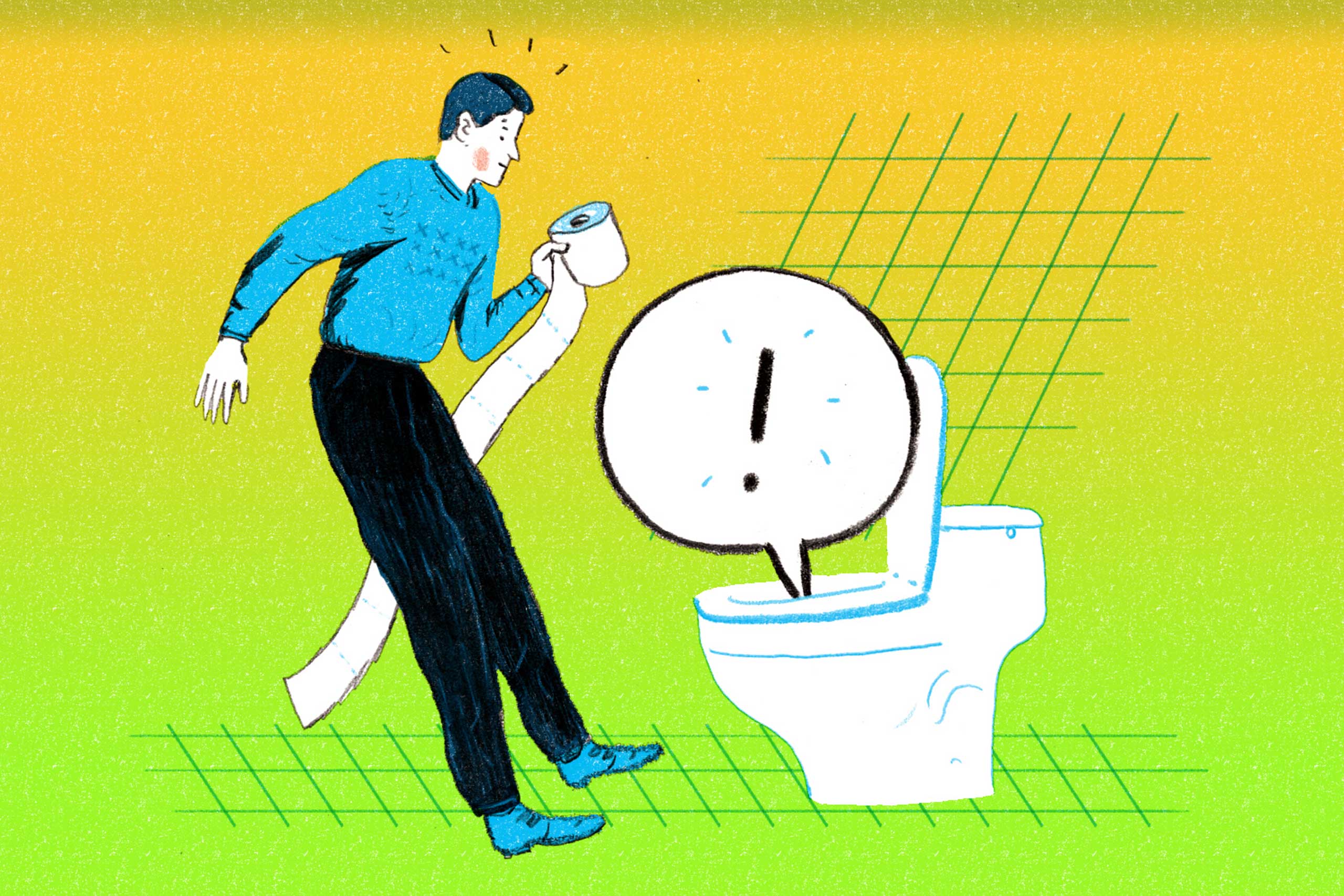Updated Oct. 9, 2pm
First of all, understand that “meditation” is a catchall term for a lot of different mental activities, many of which have nothing to do with sitting cross-legged on the floor and saying om.
“There are thousands of different types of meditation,” says Dr. Andrew Newberg, a neuroscientist at Thomas Jefferson University Hospital and author of Words Can Change Your Brain. But while meditative practices come in all shapes and styles, Newberg says nearly all of them have at least one thing in common: They involve focusing your attention, a habit that’s been marginalized by our smartphone-tethered lifestyle of digital distraction.
Make your wellbeing a priority and sign up for TIME’s guide to meditation and mindfulness.
“That focusing could be on a word or object or physical motion,” Newberg explains. “But regardless, the type of focusing involved in meditation activates the brain’s frontal lobe, which is involved in concentration, planning, speech and other executive functions like problem solving.” Studies have shown meditation can bolster all of these mental tasks. But the greatest benefits may spring from the interplay between your brain’s focus centers and its limbic system—a set of structures that manage your emotions and regulate the release of stress and relaxation hormones.
MORE: The Mindful Revolution
“Studies suggests your body’s arousal system is calmed and the flow of stress-related hormones is reduced [by meditation],” Newberg explains. “There’s also a softening effect when it comes to emotional responses.” Just as weightlifting allows your muscles to lift a heavier load, working out your brain with meditation seems to fortify its ability to carry life’s emotional cargo. That stress-dampening effect has tied meditation to improved mood and lower rates of heart disease, insomnia and depression.
Newberg says there’s also some evidence that meditation quiets the area of your brain that manages your sense of self and your relationship to others. That may sound like a bad thing, but this quieting may help you feel more connected to others and less isolated within yourself, he says.
You Asked: Your Top 10 Health Questions Answered










“Basically, meditation helps your brain get out of its own way,” adds Dr. Judson Brewer, a Yale School of Medicine psychiatrist.
Once you’re convinced meditation is worth a try, figuring out the right type for you is important, because the benefits tend to materialize only if you enjoy your practice enough to stick with it, Brewer says. Luckily, you have a lot of options—from Transcendental Meditation to Tai Chi. Even yoga counts, because it focuses your mind and blocks out distraction.
MORE: How Tai Chi Helps Fight Depression
Mindfulness is one style of meditation that’s exploding in popularity, largely because it can be done anywhere and anytime, Brewer says. “It’s mostly about being aware of your thoughts and not running after them in your mind,” he explains. Awareness is a wedge that, with practice, you can place between your thoughts and unhealthy emotional reactions, he says.
MORE: Can Yoga Ease Major Psychiatric Disorders?
That kind of vague, semi-abstract language can make meditation seem thorny and inaccessible, but it’s easier than you think. If you want a simple taste of meditation, Brewer suggests focusing your mind on your breath or a nearby object, refocusing it when it strays. “Your mind wanders, and you bring it back,” Newberg says. “That’s a mental push-up.”
Do enough mental push-ups, and you may be amazed at how strong your mind muscle can get.
- Cybersecurity Experts Are Sounding the Alarm on DOGE
- Meet the 2025 Women of the Year
- The Harsh Truth About Disability Inclusion
- Why Do More Young Adults Have Cancer?
- Colman Domingo Leads With Radical Love
- How to Get Better at Doing Things Alone
- Michelle Zauner Stares Down the Darkness
